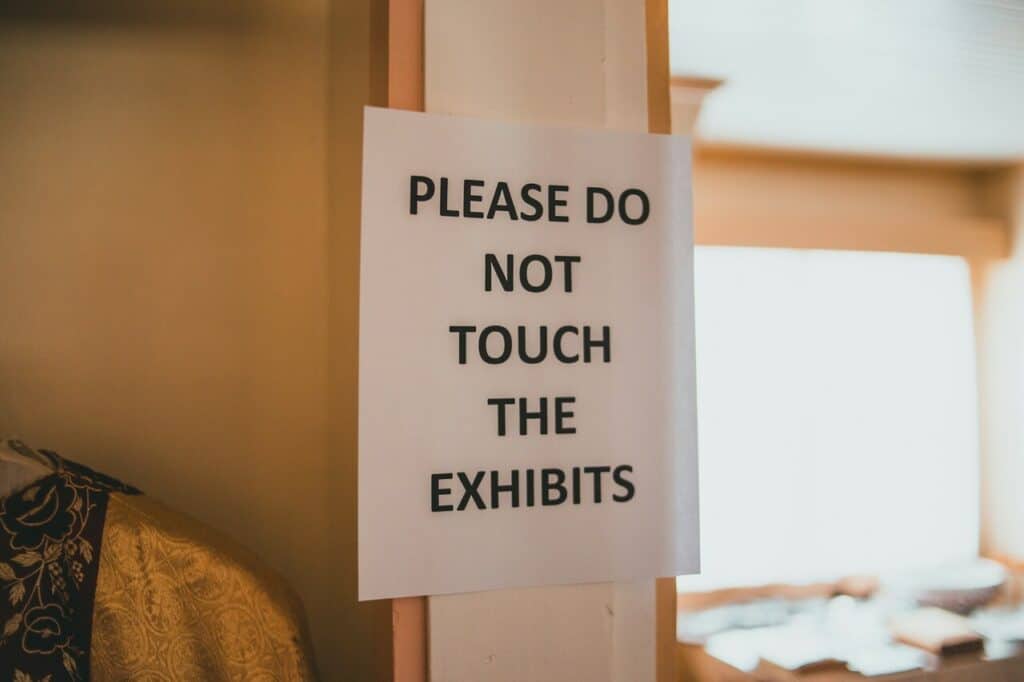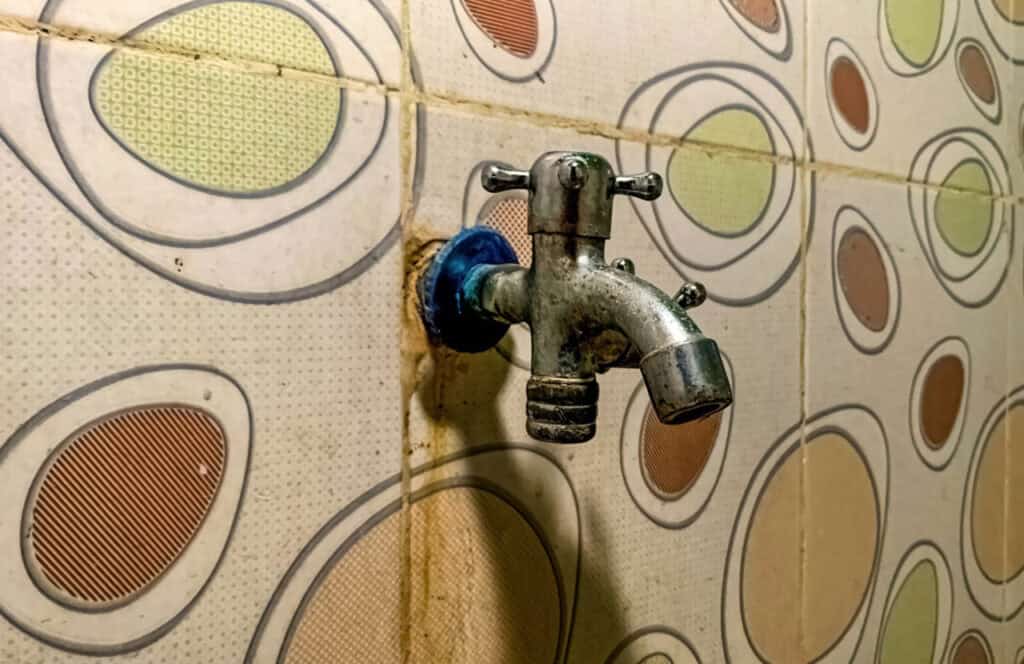We may earn money or products from the companies mentioned in this post. This means if you click on the link and purchase the item, I will receive a small commission at no extra cost to you ... you're just helping re-supply our family's travel fund.

You deserve a stay that feels like a sanctuary, not a gamble. Yet many guests wind up disappointed by host mistakes that could have been obvious earlier. What this really means is: small oversights often lead to big frustrations-bad cleanliness, misleading photos, communication breakdowns. In this post, I’ll walk you through the 13 most common host mistakes that ruin stays and how you, as a savvy traveler, can sniff them out before booking.
1. Misleading or Staged Photos

Hosts sometimes post glossy, overly staged images that don’t match reality. You might see a sparkling living room with perfect lighting, but what they don’t show is a cramped corner, peeling paint, or mismatched furniture. Or photos taken from odd angles to hide low ceilings or uneven floors. To spot this, look for consistency: are the same features shown from multiple angles? Does the furniture look lived-in or too pristine? Reverse-image search the photos to see if they’re stock. Also browse guest photos in recent reviews – those often reveal reality. If the listing has few photos or avoids showing basic areas like bathrooms or entryways, that’s a red flag.
2. Vague or Incomplete Descriptions

When hosts write minimal descriptions “cozy place,” “beautiful stay,” or “great views” without specifics, you’re walking blind. They may omit critical info: distance to transport, street noise, stairs, or quirks like low ceilings or steep steps. You counter this by reading carefully: search for phrases like “within walking distance (approximately 15 minutes)” or mentions of “noise from nearby bars.” If there are no details on transport, layout, or potential inconvenience, that’s a sign the host is glossing over downsides. Ask direct questions before booking: How far is public transit? How many stairs? What kind of noise at night?
3. Poor or Slow Communication

Hosts who respond slowly or not at all to your questions before booking tend to be worse later. You might ask about check-in times, local tips, or whether they can store luggage; if responses take days or remain vague, that’s a bad omen Spot this by testing: send a few inquiries before you commit. If the host answers promptly, clearly, and in full sentences, that’s good. If they reply with one-liners or just “yes” or “ok,” expect delays or confusion during your stay. Communication responsiveness matters more than you realize.
4. Overly Strict or Numerous Rules

Some hosts impose excessive rules: no shoes inside, curfews, bans on deliveries or cooking, or mandatory cleaning checklists. These often signal the host doesn’t trust guests or hasn’t considered guest comfort.
To spot this: read the “house rules” section thoroughly. If there are many or if any seem extreme (no guests, no cooking, no packages), it suggests micromanagement. Good hosts set a few reasonable rules (noise, pets). Ask: What’s the worst rule they enforce? Are rules negotiable?
5. Hidden Fees and Charges

The base rate may seem tempting until you add cleaning fees, service charges, extra guest costs, or high security deposits. Some hosts don’t show the full total until checkout. You protect yourself by checking “total price before taxes and fees” early. Also check whether the deposit is refundable and whether “extra guest” fees apply. If the listing text skirts around costs, message the host: “Is there any fee not shown?” If their answer is vague, walk away.
6. Poor or Dirty Maintenance

A stay with cracked tiles, peeling paint, nonfunctional appliances, leaking faucets, sticky floors, or stained sheets is unforgettable for all the wrong reasons. To preempt it, read guest reviews for maintenance complaints. Focus especially on recent ones – last six months. Use filters like “cleanliness” when browsing reviews. If multiple guests mention “broken shower,” “mold,” or “bugs,” those aren’t minor issues ; they’re real. Ask the host: When was the last renovation? Do all appliances work?
7. Faulty or Unreliable Amenities.

Hosts often oversell amenities: wifi that drops, weak AC, inconsistent hot water, or broken laundry machines.
You gauge this by reading guest remarks about amenities. If many mention weak wifi or no hot water, take notice. Before booking, ping the host: What’s the wifi speed? Does the AC run all night? Is hot water reliable? Good hosts will answer and may even share speed-test screenshots.
8. Overbooking or Double Booking

Some hosts list a property they don’t fully control (they accept duplicate reservations). That leaves you stranded last minute. You spot this by checking calendar consistency (days disappearing after booking) or noting how far ahead they accept bookings. Read reviews; some guests mention being bumped. If the host says “I’ll confirm in 24 hours,” that’s risky. Favor listings with real-time availability and instant booking.
9. Poor Check-In Experience

Hosts may demand rigid check-in windows, force awkward key pickups, or fail to provide clear instructions. You end up waiting, locked out, or wandering. To avoid that: read reviews with “check-in” mentions -if guests complain about waiting or confusion, skip it. Ask the host: When and how will I check in? What’s the backup plan? A good host will provide clear instructions, photos of the entry, and a solution if you arrive late.
10. Misleading Location Claims

A listing might claim to be “downtown,” “beachside,” or “city center” when it’s miles away or on a noisy road.
To spot this: plug the address or neighborhood into maps and check walk times to transit hubs or major attractions. Also read guest reviews for “location” comments. If many say “far from everything” or “always need transit,” those are warnings. Ask the host: exactly how long to nearest transit, shops, or attractions.
11. No Guest Support or Backup

When heating fails, pipes burst, or you lock yourself out, there needs to be someone to help. If there’s no responsive on-site manager or local backup, you’re on your own. You detect this by scanning reviews for how hosts handled issues. Did they solve problems at 2 a.m.? Were refunds or fixes prompt? If you find no such examples in dozens of reviews, that’s a risk. Ask: Who handles emergencies? Do you have a local contact? If the host stalls, move on.
12. Ignoring Reviews or Manipulating Them

Some hosts delete negative reviews, dispute complaints publicly, or pressure guests to leave glowing feedback. That distorts reality. You catch this by reading all reviews, especially low ones. Look for removed reviews or host responses that attack critics. If a host rebuts every complaint or argues with reviewers, that’s a red flag. Prefer listings with balanced, candid reviews and host replies that accept criticisms and show willingness to improve.